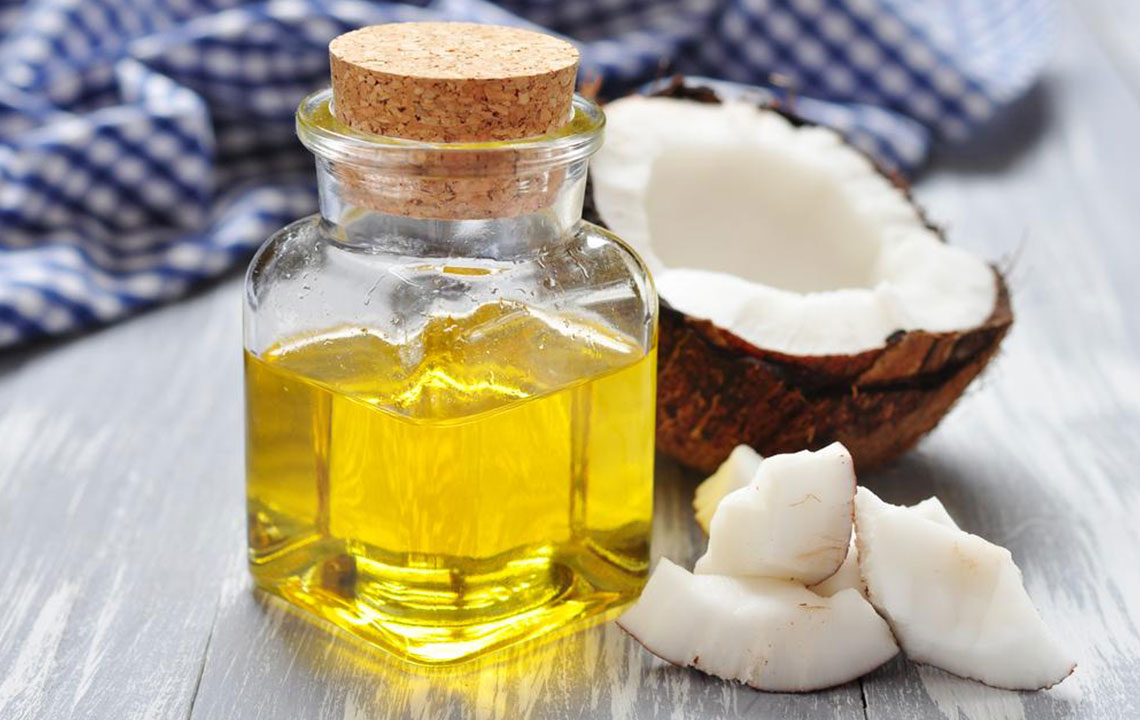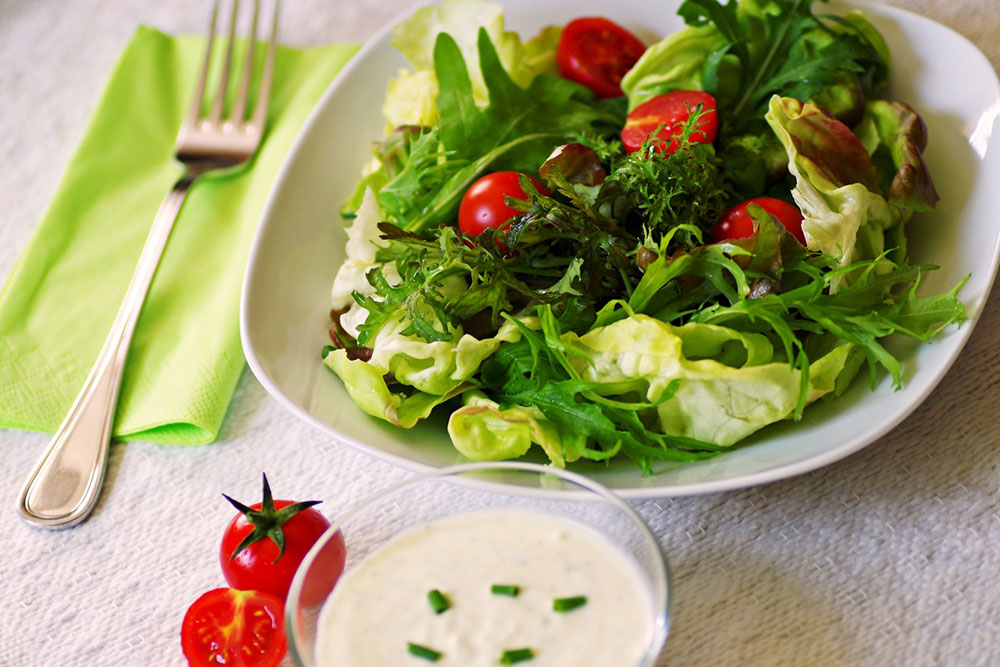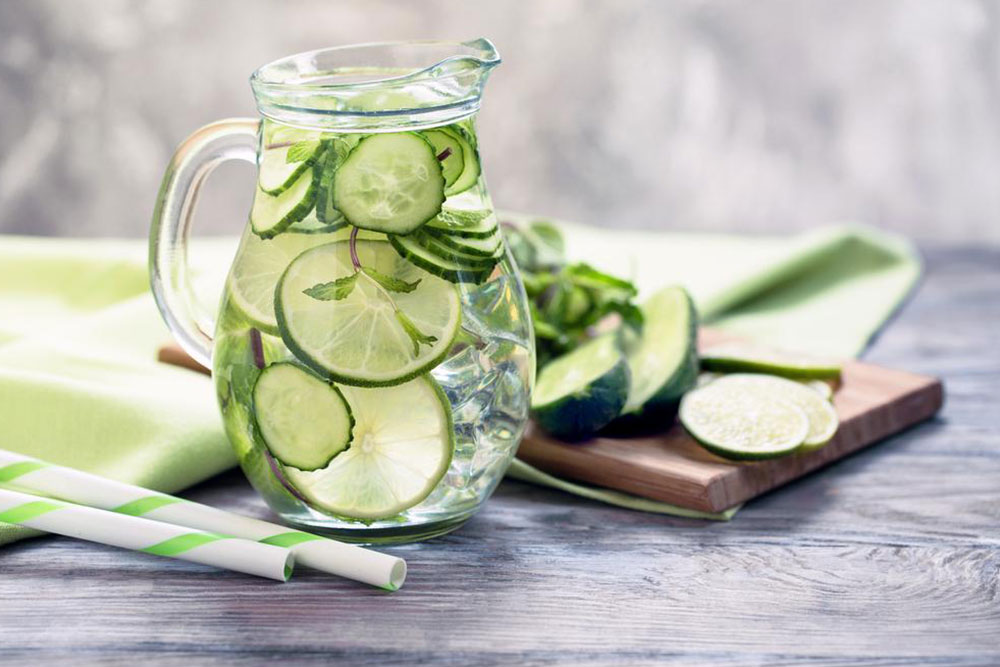Effective Natural Approaches to Relieve Constipation Using Dietary Fiber
Discover natural and effective ways to relieve constipation with dietary fiber. This comprehensive guide covers types of fiber, benefits, and top foods like beans, fruits, and seeds that promote healthy digestion. Learn how to enhance your gut health naturally and maintain regular bowel movements through simple dietary adjustments and lifestyle tips.

Effective Natural Approaches to Relieve Constipation Using Dietary Fiber
Constipation is a widespread digestive concern that affects approximately 20% of people worldwide each year, making it one of the most common gastrointestinal problems. This condition is characterized by infrequent, irregular, or difficult bowel movements, and it can significantly impair quality of life if not properly managed. The digestive system plays a crucial role in breaking down food to absorb essential nutrients, but when this process slows down or stalls, symptoms of constipation set in. Fortunately, making dietary adjustments, particularly increasing intake of high-fiber foods and plant-based products, offers a natural and effective way to alleviate constipation and promote healthier digestion.
To fully understand how dietary fiber helps in easing constipation, it’s important to dive into what fiber is. Dietary fiber refers specifically to the non-digestible parts of plant foods that pass through our digestive system relatively intact. These fibers are found abundantly in a variety of fruits, vegetables, nuts, grains, and seeds, and play an essential role in maintaining digestive health. Although humans cannot digest fiber, it provides critical benefits such as increasing stool bulk, softening stool consistency, and supporting overall gut function.
Fiber is broadly classified into two main types based on its solubility: insoluble and soluble fiber. Each type offers unique benefits that contribute to smoother bowel movements and overall digestive wellness.
Insoluble Fiber: The Natural Scrubber
Insoluble fiber does not dissolve in water but instead absorbs water as it moves through the digestive tract. This process increases the bulk and weight of the stool, helping it pass more readily through the intestines. Essentially, insoluble fiber acts like a natural brush that sweeps through the digestive system, preventing the buildup of waste and reducing the risk of constipation. Foods rich in insoluble fiber include vegetables, wheat bran, whole grains, and the skins of fruits and vegetables. Regular consumption of these foods can promote regularity and prevent the occurrence of hardened stools or blockages in the intestines.
Soluble Fiber: The Softener
Soluble fiber, on the other hand, dissolves in water, forming a gel-like substance within the digestive system. This gel helps soften stool and facilitates smoother passage, especially beneficial for those suffering from constipation or irregular bowel movements. Soluble fiber also supports the health of beneficial gut bacteria, thereby enhancing overall digestion. Foods high in soluble fiber include oats, beans, lentils, nuts, seeds, and certain fruits and vegetables. The presence of soluble fiber in a diet ensures a balanced approach to gut health by improving stool consistency and supporting efficient nutrient absorption.
Both types of fiber are important and often coexist in fiber-rich foods, offering comprehensive benefits for digestive health. Incorporating a diverse array of fiber sources into everyday meals can effectively prevent constipation and promote overall gastrointestinal wellness.
Despite the fact that dietary fiber is non-digestible, it remains vital for healthy digestion and overall health. Fiber intake influences stool softness, increases stool bulk, and accelerates transit time, thus preventing digestive discomfort and chronic conditions such as hemorrhoids or diverticulitis. To maintain a healthy digestive system, it is advisable to include a variety of fiber-rich foods such as whole grains, fruits, vegetables, nuts, and seeds in daily diets.
Some of the best natural, fiber-rich foods to combat and prevent constipation include:
Beans – Offering more than 10 grams of fiber per serving, beans such as lima beans, kidney beans, black-eyed peas, and baked beans are nutritional powerhouses packed with both soluble and insoluble fiber. Their high fiber content is highly effective in promoting healthy bowel movements and improving gut motility.
Kiwi – This small but mighty fruit contains approximately 2.5 grams of fiber per fruit, along with antioxidants and vital nutrients that support digestion and overall gut health.
Legumes – Lentils, chickpeas, and peas are rich in fiber, plant-based protein, vitamins, and minerals, making them excellent choices for easing constipation and boosting nutritional intake.
Broccoli – Loaded with fiber, vitamins, and minerals, broccoli plays a significant role in promoting good digestion and preventing intestinal blockages.
Spinach – Containing approximately four grams of fiber per cup, spinach also provides magnesium, which assists in bowel motility and promotes a healthy digestive process.
Nuts – Almonds, walnuts, pistachios, and peanuts are nutrient-dense additions to your diet, offering high fiber content and supporting digestive health when eaten in moderation.
Chia and Flaxseeds – These tiny yet powerful seeds deliver around 5 grams and 4 grams of fiber per two-tablespoon serving, respectively, and can be easily added to smoothies, cereals, or baked goods for increased fiber intake.
Apples – With skin intact, a medium-sized apple supplies about 3.6 grams of fiber, promoting natural bowel movement and digestive comfort.
Whole Grain Bread – A healthier alternative to white bread, whole grain options are rich in fiber and support good digestive health.
Berries – Raspberries, blackberries, blueberries, and strawberries are not only delicious but also rich in fiber, vitamins, and antioxidants, making them perfect for snacking and boosting gut health.
Prunes – Known as a natural remedy for constipation, prunes contain sorbitol and insoluble fiber, which stimulate bowel movements and improve digestion.
Incorporating these fibrous foods into your daily diet can significantly improve your digestive health, prevent constipation, and promote a balanced, healthy gut. Remember, consistency is key, and combining high-fiber foods with adequate hydration and regular physical activity amplifies their benefits.





